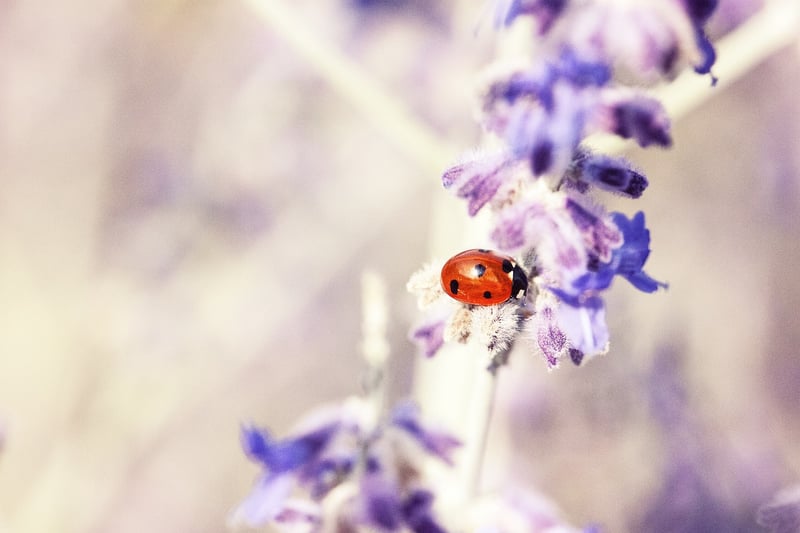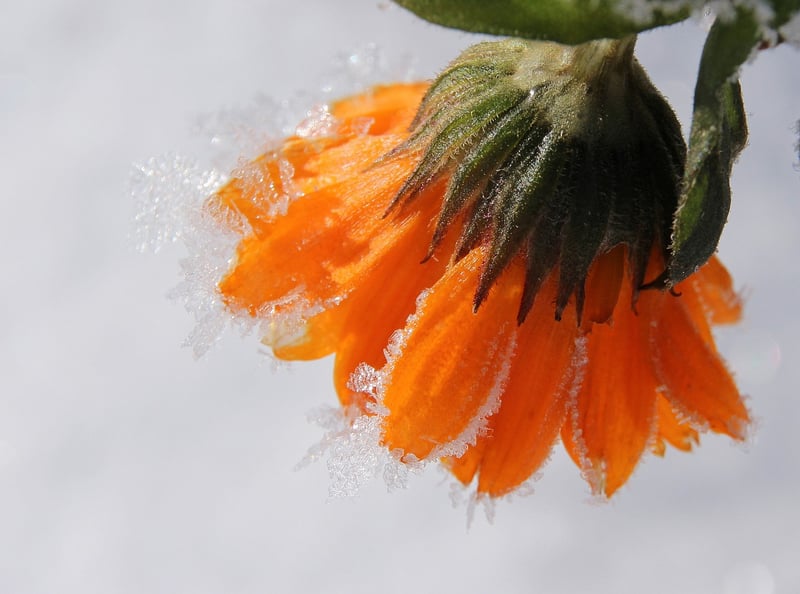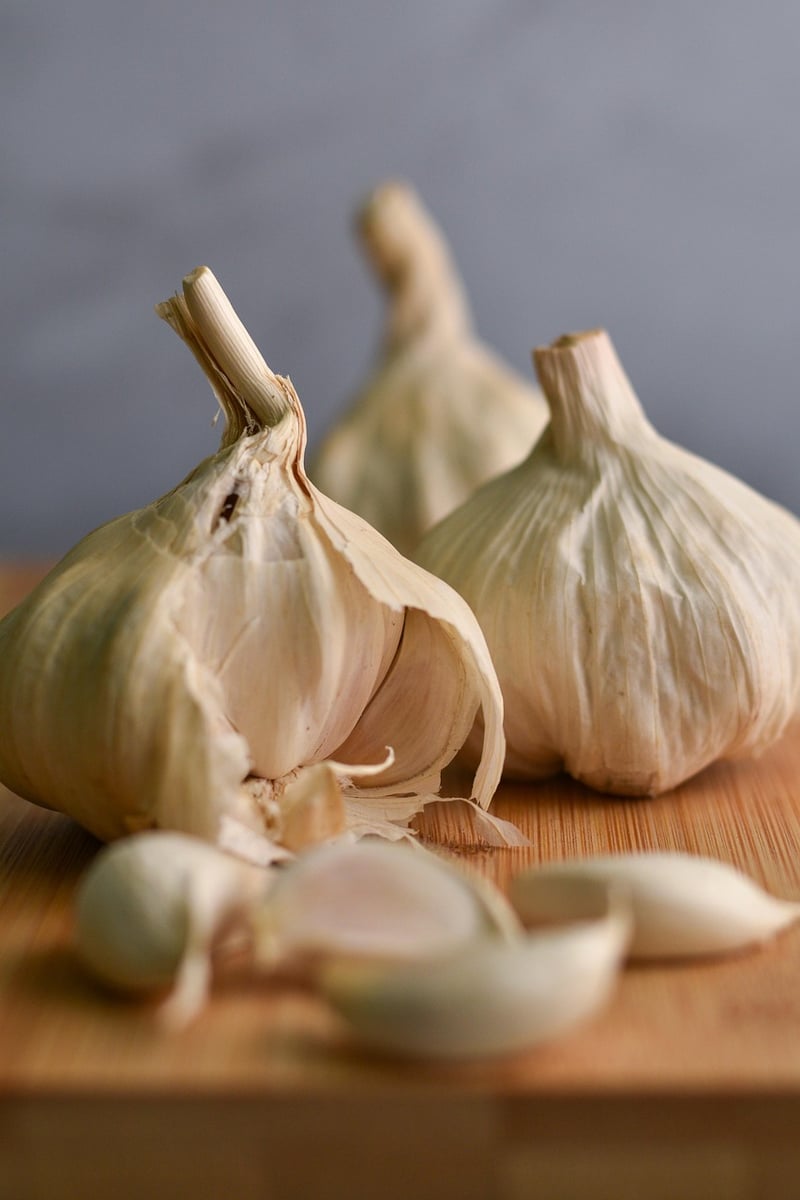Organic Pest Control Methods
Managing Pests Naturally: Organic Pest Control Methods
Dealing with pests can be a challenging task for any gardener or homeowner. While chemical pesticides are effective, they can have harmful effects on the environment and human health. Opting for organic pest control methods is not only safer but also more sustainable in the long run. Here are some natural ways to manage pests without using harsh chemicals:
1. Beneficial Insects
Introducing beneficial insects like ladybugs, lacewings, and parasitic wasps to your garden can help control pest populations. These insects prey on common garden pests, acting as natural pest control agents.

2. Neem Oil
Neem oil is a natural insecticide that is effective against a wide range of pests, including aphids, mites, and caterpillars. It disrupts the insect's hormonal balance, preventing them from feeding and reproducing.

3. Diatomaceous Earth
Diatomaceous earth is a non-toxic powder made from fossilized algae. It works by absorbing the lipids from the exoskeleton of insects, causing them to dehydrate and die. Sprinkle it around plants to control pests like ants, slugs, and beetles.

4. Companion Planting
Planting certain herbs and flowers alongside your vegetables can help deter pests naturally. For example, marigolds repel nematodes, basil repels mosquitoes, and lavender repels moths.

5. Homemade Sprays
You can make your own organic pest control sprays using ingredients like garlic, chili peppers, and soap. These sprays are effective against common pests and are safe to use on edible plants.

By incorporating these organic pest control methods into your gardening routine, you can effectively manage pests while promoting a healthy and sustainable environment for your plants.
Remember, prevention is key when it comes to pest control. Regularly inspect your plants, encourage biodiversity in your garden, and maintain good plant health to reduce the risk of pest infestations.
Stay tuned for more tips and tricks on natural gardening practices!
